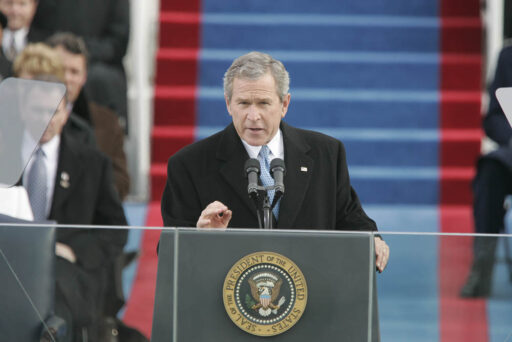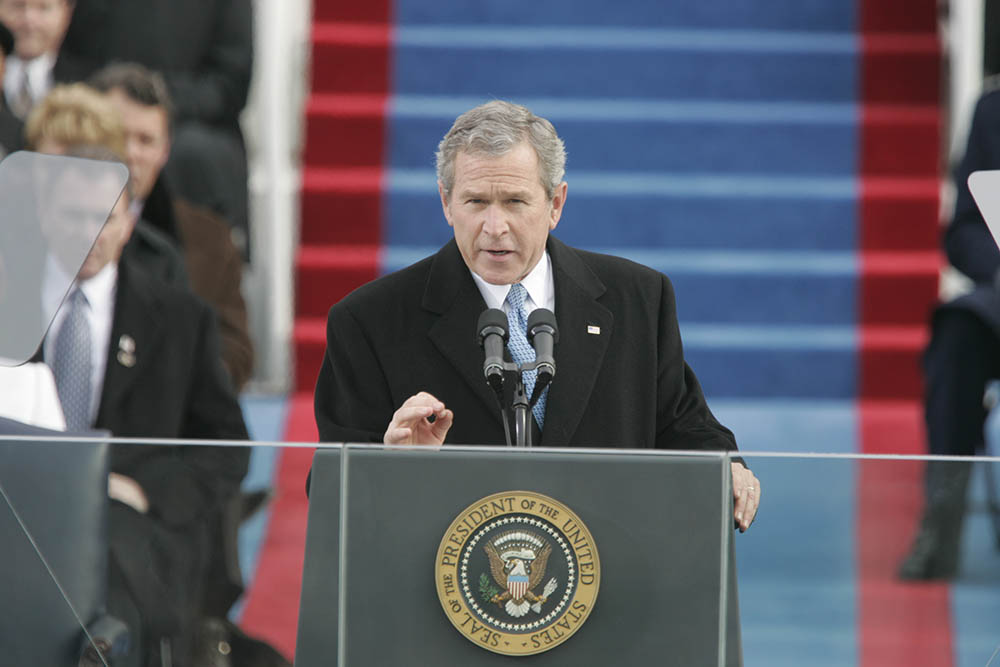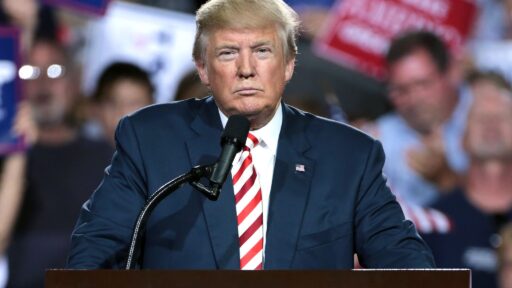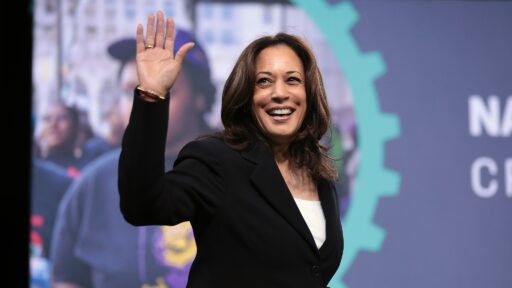Democrats Still Fighting Over Trump’s Immunity Ruling
On Monday, Senate Judiciary Committee Chair Dick Durbin (D-Ill.) announced plans to hold a hearing focused on the Supreme Court’s recent 6-3 decision granting former President Trump broad immunity from prosecution for actions taken while in office. This decision, delivered in July, has sparked significant controversy and frustration among Democratic lawmakers, who argue it undermines accountability.
The Supreme Court’s ruling represents a substantial obstacle to Special Counsel Jack Smith’s efforts to prosecute Trump for allegedly obstructing the certification of President Biden’s 2020 election win. In response to this setback, Durbin has scheduled a hearing for September 24 to delve into what Democrats perceive as the potentially far-reaching implications of the Court’s decision.
Durbin stated, “The Senate Judiciary Committee is convening a full committee hearing on the repercussions of the Supreme Court’s ruling regarding Donald Trump’s immunity on September 24.” He emphasized, “Congress cannot ignore the dangers posed by this Supreme Court decision. We are committed to exposing the severe consequences of this ruling for the American people.” This announcement was made on the social media platform X.
Liberal Justice Ketanji Brown Jackson has voiced concerns that the Court’s conservative majority has effectively placed the President above the law, creating a dual standard of justice. In a recent interview on CBS’s “Sunday Morning,” Justice Brown expressed apprehension that the ruling has established a precedent where one individual could be treated differently under the law, contrasting with the principle of equal justice.
Democratic members of the Judiciary Committee have been vocal in their criticism of the ruling. Senator Sheldon Whitehouse (D-R.I.) condemned the decision in July, arguing that granting Trump immunity from prosecution for actions related to his official duties essentially places him above the law—a concept he described as “the Founding Fathers’ greatest fear” of an unchecked executive power. Whitehouse warned that this could prevent the American public from learning whether Trump attempted to undermine the last election before they cast their votes in the upcoming presidential election.






